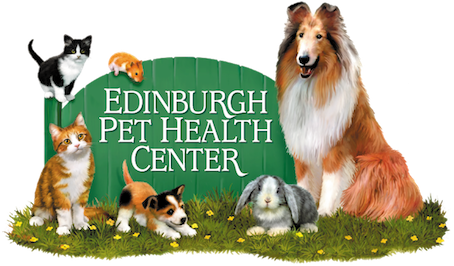Special concerns for Brachycephalic breeds
Understanding Brachycephalic Syndrome
Dogs and cats with short faces are known as brachycephalic breeds. They were bred to possess a normal lower jaw and a compressed upper jaw. This caused significant health issues, including respiratory problems, inability to withstand heat, excitement and exercise, eye disorders and dental concerns.
The following Veterinary Partner link outlines all of these issues so you may be aware of the special needs of your pet: Brachycephalic airway obstruction syndrome in flat-faced dogs.
Specifically, be aware that routine handling of your pet for exams, procedures and anesthesia can carry extra risk. We will take extra care to try to ensure your pet’s safety and may recommend anti-anxiety drugs, sedation and adjustments to their protocols if needed.
A few issues you should become familiar with:
- Brachycephalic Airway Syndrome and Respiratory Obstruction Syndrome. This includes stenotic nares, enlarged tongue, elongated soft palate, tracheal stenosis/hypoplastic trachea, and everted laryngeal saccules. Many of these conditions may require surgical correction while your pet is young.
- Heat stress, excitement and exercise. Dogs cool themselves through panting. A brachycephalic pet cannot move air as efficiently as a pet with a normal airway. Extra work to manage heat and stress causes the airway to become inflamed, swollen and may lead to obstruction. This is a life-threatening situation. Do not allow your pet to overheat under any circumstance. Prevent obesity which may contribute to problems with their airway.
- Anesthetic risk IS higher with these pets. Every attempt is made to manage that risk, but it is still there.
- Eye disorders are much more prevalent. These breeds often have large, bulging eyes that the eyelids cannot completely close over. These breeds have a number of problems including entropion, corneal pigmentation and keratitis, dry eye, eyelid problems and an increased risk of proptosis (where the eyes may pop out) under even mild trauma.
- Dental disease. Dogs should have 42 teeth and cats should have 30 teeth in the mouth. To fit all those teeth into a smaller mouth is bound to cause problems and it does. Teeth are often rotated, missing, and prone to severe periodontal disease at a much younger age. Expect to provide frequent dental cleanings and exceptional oral care for these breeds.
With proper attention to these special need pets, they can often lead a happy and healthy life. However, failure to recognize developing problems will lead to a significant impact on their quality of life.
